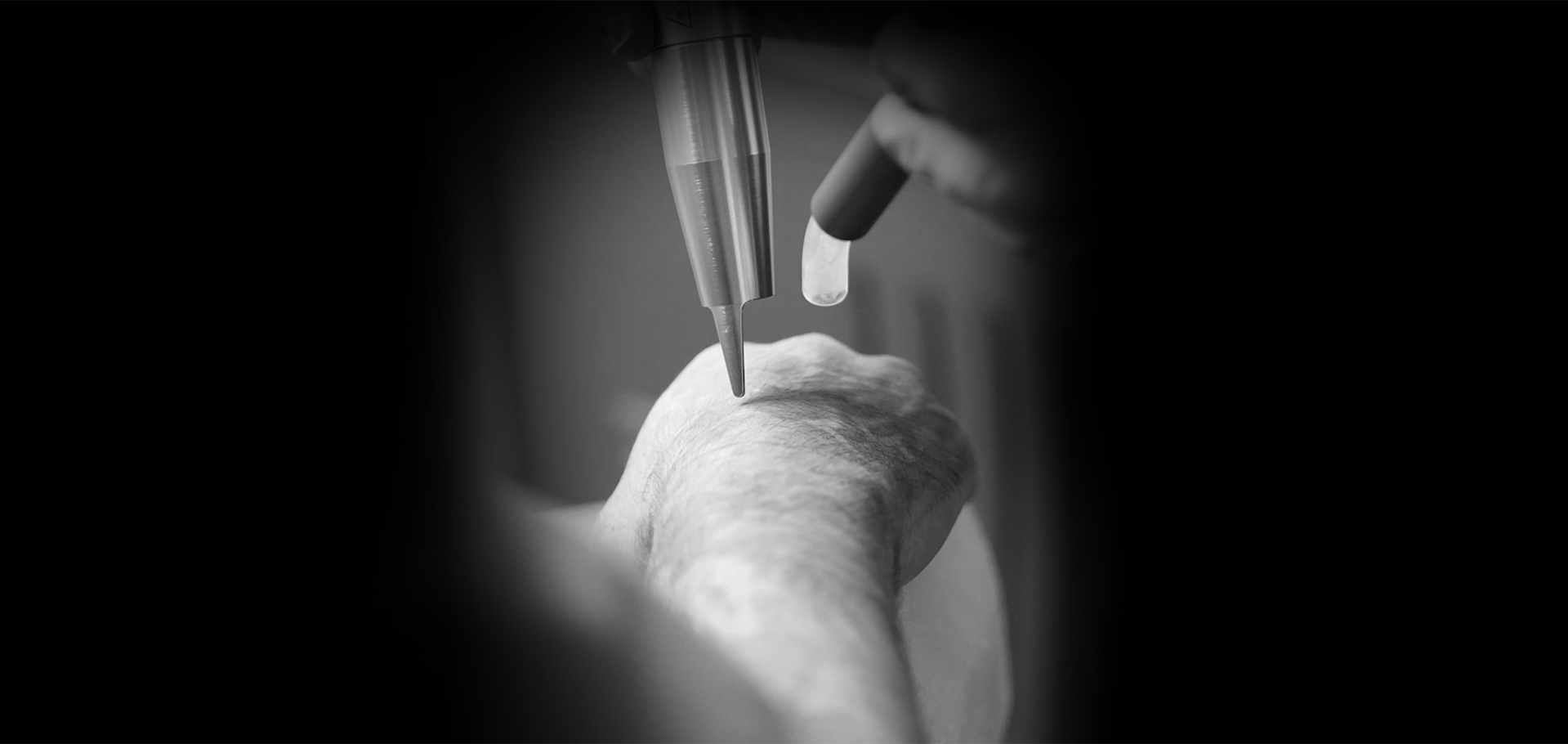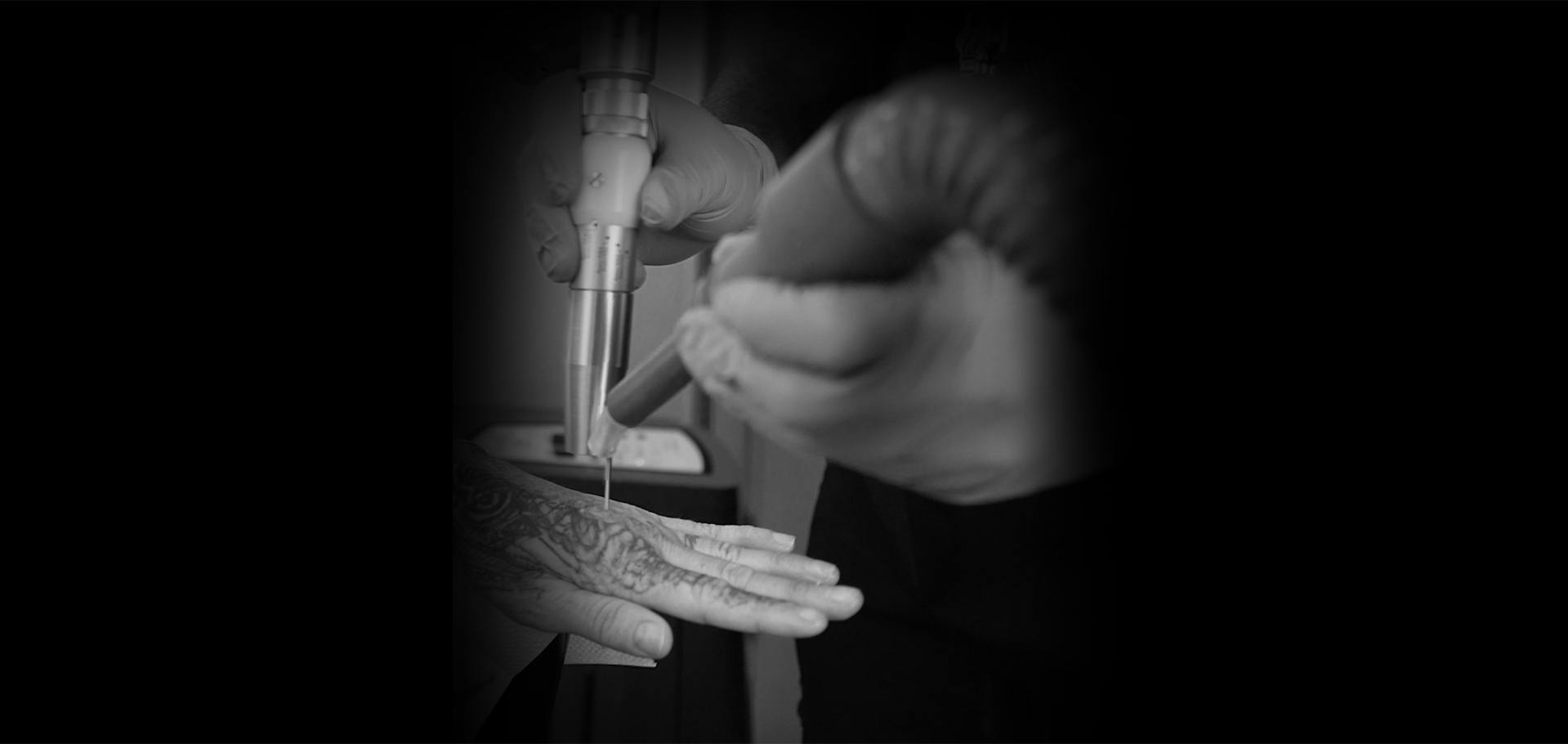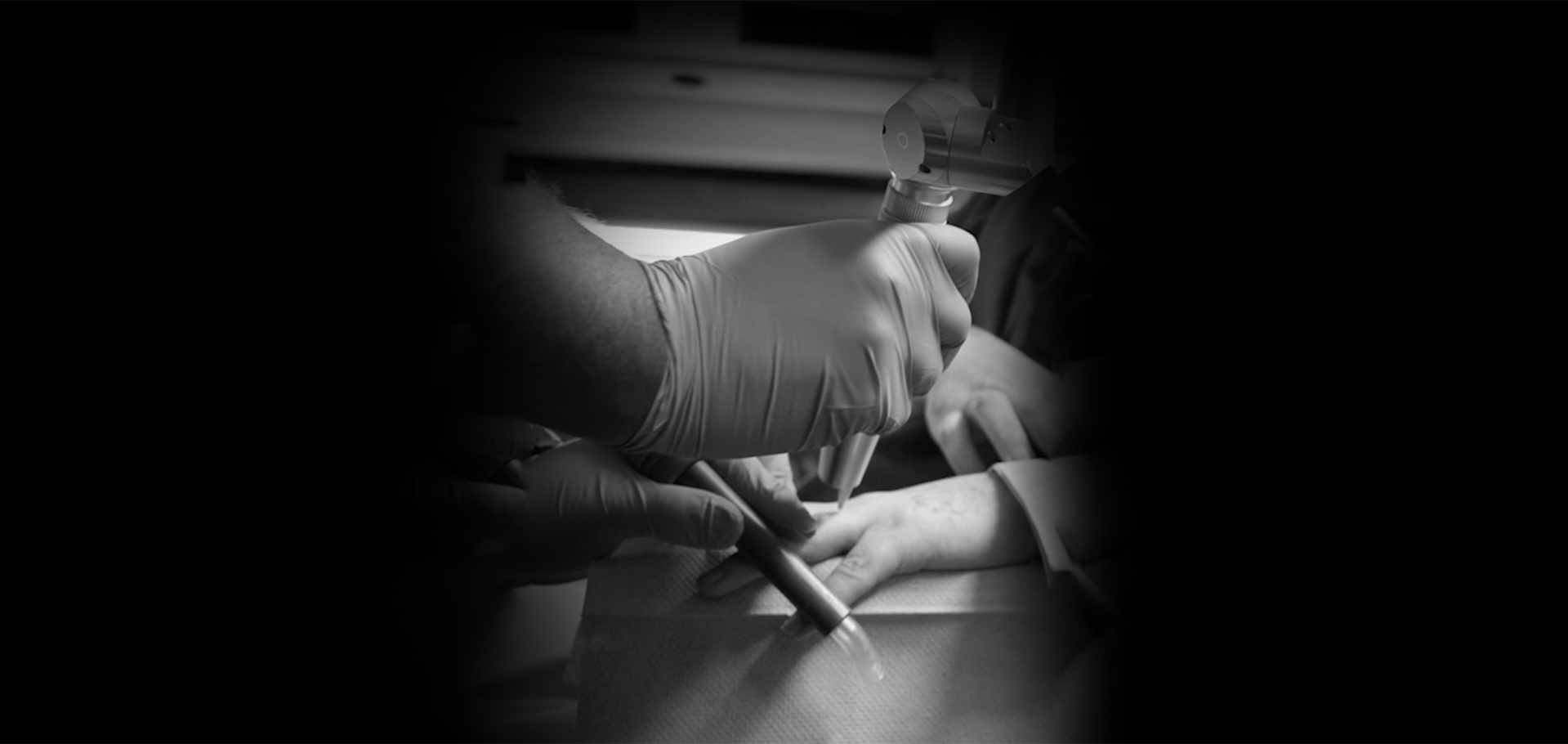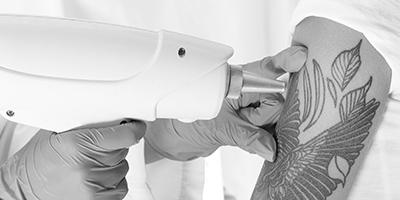
There are several reasons why people choose to get tattoo removal. They range from having inappropriate images to mistakes made during tattooing. For many, the tattoos represent a past they want to leave behind.
Some people receive tattoo-related discrimination and are unable to get jobs due to the ink. There is a psychological impact from tattoo removal. People have various emotions about their tattoos before and after removal.
Communicating Through Tattoos
Tattoos can be considered a form of self expression and they have been around for thousands of years. They are used to decorate the body to represent something of meaning or in some cases an affiliation with certain cultures or groups.
Tattoos are also used as a form of personal identity and expression. In some cultures, tattoos were used to communicate messages about the individual or as a form of punishment. Tattoos were hand-drawn in the past; today, mechanical tools are used to create the designs.
Tattoo-related Discrimination
Many people who get tattoo removal cite discrimination as a huge motivating factor. The predominantly male clients claim that the tattoos led to stigma and discrimination. Gang-related tattoos make it difficult for people to find jobs or even acceptance in the community.
Removal helps boost their confidence and self-esteem. There are benefits of tattoo removal that cover the client's social, emotional, and economic needs.
Stereotyping Individuals
Stereotyping of people with tattoos has caused many to regret their choices. Individuals are often perceived or treated negatively because of tattoos. It can change the individual's relationship with others in society, which can have a huge psychological impact.
Negative perceptions of tattoos and those who get them have led to stereotyping. It affects how individuals feel about their tattoos, especially if they cause them to miss job opportunities or relationships.
Removing Prison Tattoos
Many individuals who have been incarcerated get tattoos in prison. The following are why people apply for prison or jail tattoos:
They serve as a form of group affiliation.
They represent the person's identity.
Tattooing provides prison artists an opportunity for prestige.
For artistic expression.
It is a way to make money.
Tattoos obtained in prison settings are not received well upon the person's release. The stigma associated with the art leads people to seek tattoo removal.
Benefits of Tattoo Removal
Research suggests that the stigma linked to tattoos can affect individuals, leading to self-stigma. Internalizing negative beliefs or people's views can lead to emotional and psychological problems. Those with visible tattoos are especially vulnerable to stigma. Those who get tattoo removal may experience the following benefits:
They can live their lives without stigma and negative perceptions. This, in turn, boosts their self-esteem.
They have the chance to wipe the slate clean.
Avoid the discrimination and loss of status associated with tattoos.
Many tattooed individuals view themselves differently over time, and the tattoos become unwanted. The transformation in identity and perception leads to a desire to remove tattoos.
Having different goals or the desire to reconnect with individuals and communities are strong motivations for getting a tattoo removal.
For more on the psychological impact of tattoo removal and how people feel about their tattoos, contact the Mobile Tattoo Removal Experts by emailing us at info@mtrexperts.org.





